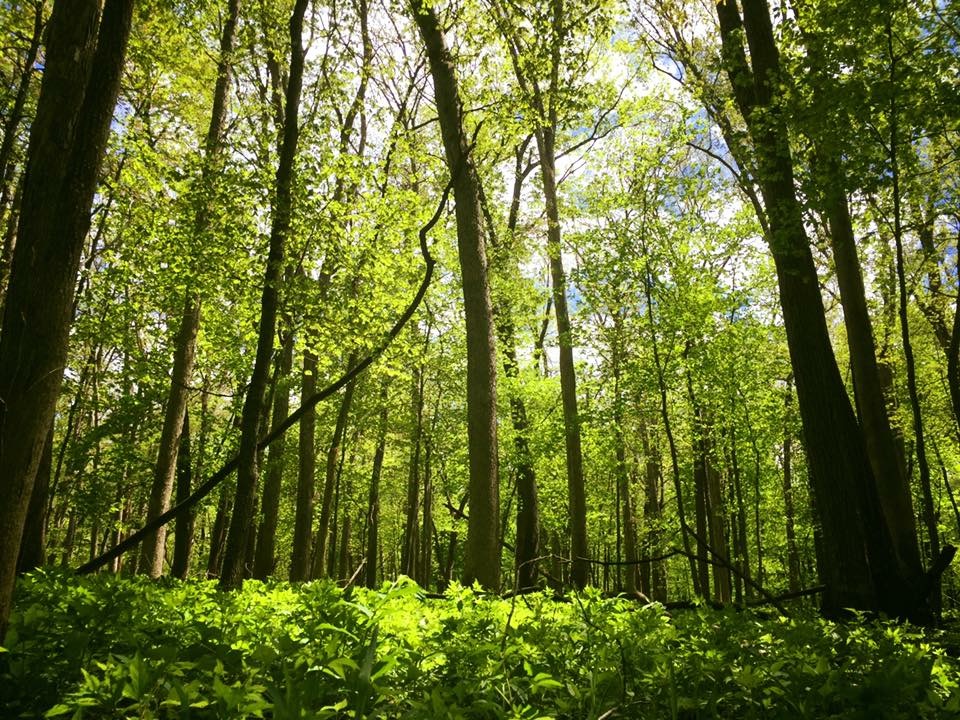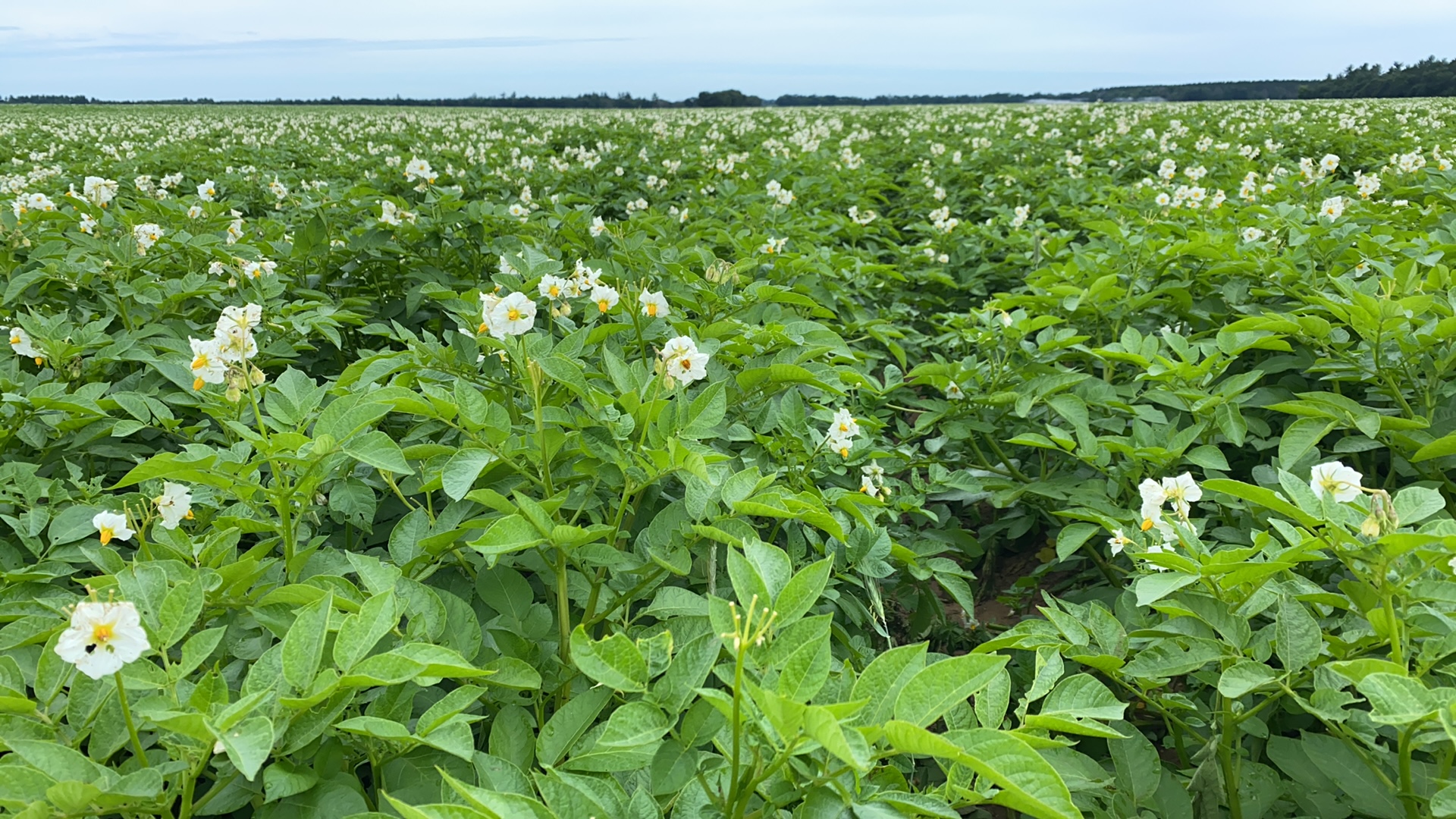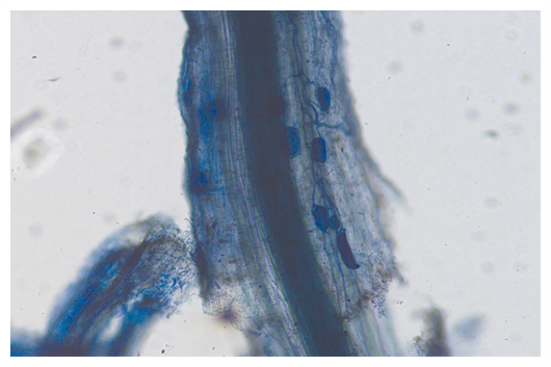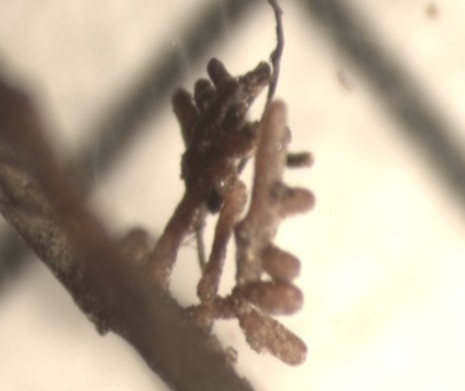
Lankau Lab
No organism is an island; rather, every multicellular organism harbors a distinct community of associated microbes. Scientists are increasingly discovering that many aspects of plant health and performance long thought to be due to the traits of the plants themselves are rather the result of complex interactions between plant hosts, associated microbial communities, and environments. Our lab seeks to understand how plant-associated microbial communities mediate individual plant health, abiotic stress tolerance, and susceptibility to disease in both natural and agricultural settings.
Within that broad area, we tackle a wide range of questions in a variety of systems, ranging from highly theoretical questions about the assembly and stability of ecological systems to applied questions about managing for healthy soils that can increase crop yields and suppress soilborne diseases. See our research pages: Agroecosystm Research & Forest Research.
We are also committed to communicating science to a broad audience and increasing participation in the scientific enterprise at a variety of levels. See our Outreach for information on our community science project, Forest Fungi Project and our outreach presence in local events.
Our hope is that understanding these interactions at the smallest scale will help solve challenges at the global scale, including adaptation to changing climates, conservation of biodiversity, and maintaining food security for a growing population.
Please check out our latest presentation through the Linnaean Society of New York. Rick Lankau • Forest Fungi and Forest Health • Oct 2025



Arbuscular mycorrhizal fungi (bright blue structures) inside an Elm root
Lankau Lab
Department of Plant Pathology
College of Agriculture and Life Sciences
391 Russel Labs
1630 Linden Dr.
Madison, Wi 53706

Ectomycorrhizal fungi (bulbous white and black root ends) on an Oak root
